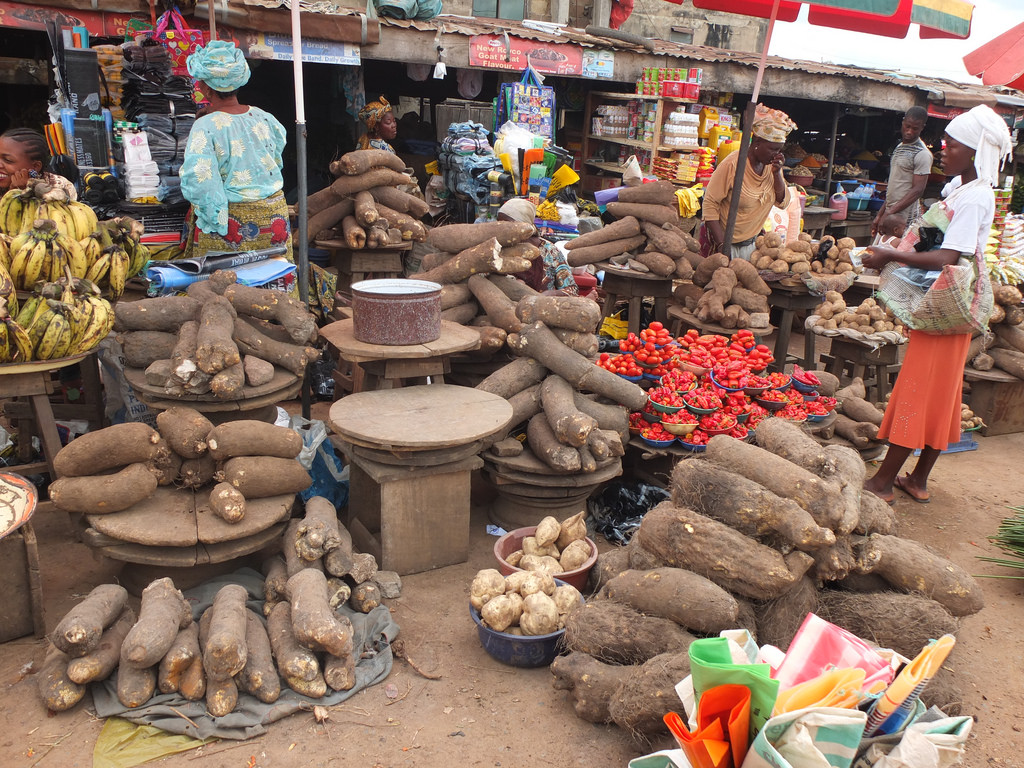The federal government on Sunday said it will deploy Agrometeorological information services to tackle food insecurity in the country.
Director-General/CEO of the Nigerian Meteorological Agency (NiMet), Prof. Mansur Matazu, said the current food system; “is rife with inequalities and issues that prevent adequate food security for all with grave consequences.”
- Possible flights cancellation in Kaduna, Kano as NiMet alerts on poor visibility
- Buhari’s aide welcomes Kwankwaso to APC but ex-Gov denies defecting
He spoke in a keynote address at a one-day workshop on “Developing a feedback framework for Climate Information Service Delivery in Nigeria,” organized by the Human Resource Development Agenda (HEDA) in Lagos.
The theme of the workshop was, “Strengthening Climate Information Service Delivery for a Resilient Food System in Nigeria.”
Matazu, who is the Permanent Representative of Nigeria with the World Meteorological Organisation (WMO), reiterated the federal government’s position on developing the Agricultural sector for Sustainable Green Economy, focusing on food system development agenda that will lift hundred (100) million Nigerians out of poverty within a decade.
According to him, the government aims to prioritise healthy diets and affordable nutrition through inclusive, efficient, resilient, and sustainable agriculture which will contribute to job creations and sustainable economic growth.
The DG, however, stated that the prospects of Agrometeorological services; “are enormous across the value chain from land preparation through harvesting to marketing and storage with the support of key players such as farmers, extension officers, input providers, banks, insurance companies, transporters etc.”
He said NiMet has been at the forefront of providing early warning services, adding that various weather and climate information generated by NiMet are available for clients and stakeholders across the socio-economic sectors of the country.
He listed some of the services to include Seasonal Climate Prediction (SCP) that contains information on the Onset and Cessation dates of the cropping season, length of the growing period, rainfall amount and the temperature forecasts for the hot season (January to April), Dry spell and Little Dry Season and Socio-Economic Implications of the predictions.

 Join Daily Trust WhatsApp Community For Quick Access To News and Happenings Around You.
Join Daily Trust WhatsApp Community For Quick Access To News and Happenings Around You.


